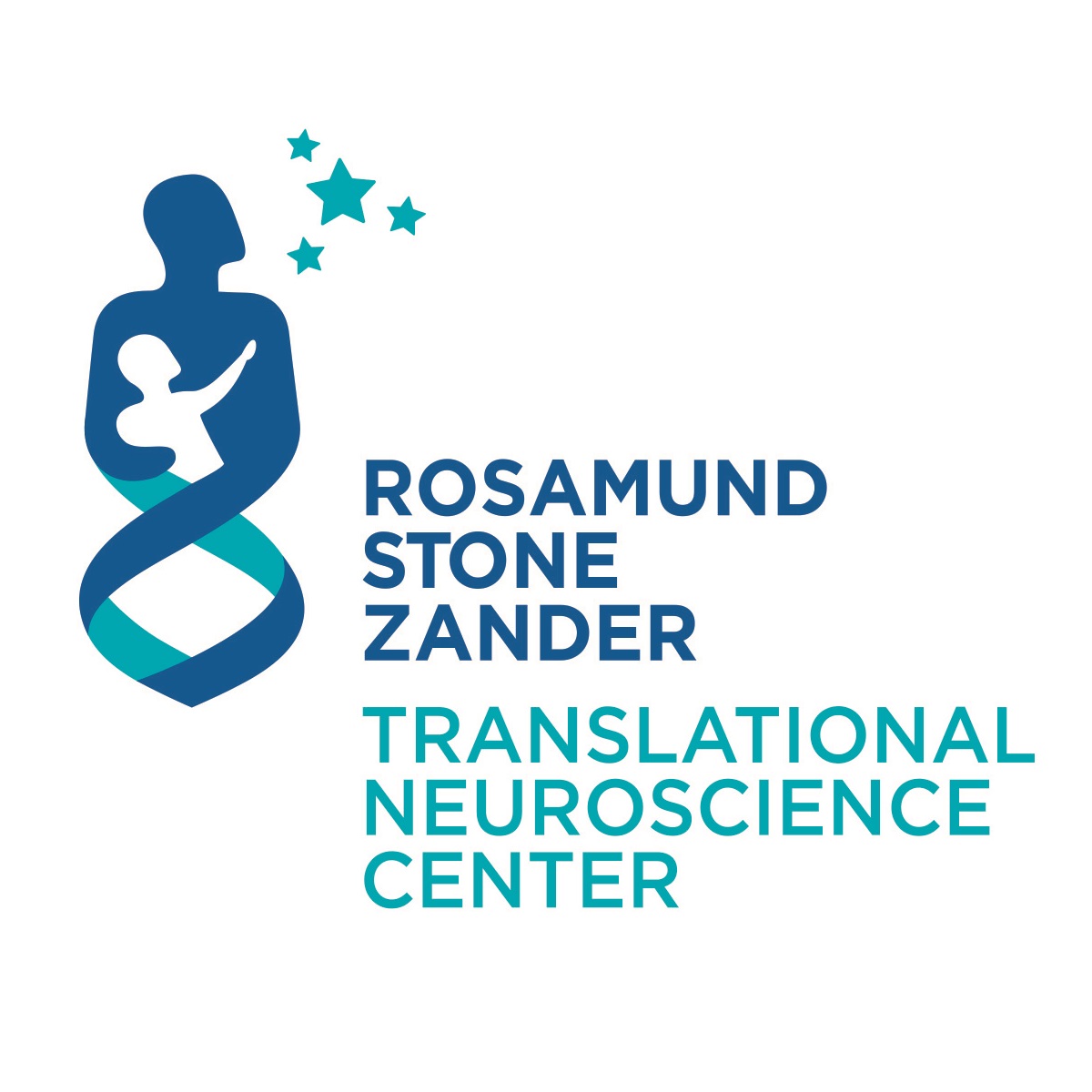News & Events
Center News

Rosamund Stone Zander Translational Neuroscience Center Selects Two Pilot Grant Awardees
The Rosamund Stone Zander Translational Neuroscience Center (RSZ TNC) at Boston Children’s Hospital is delighted to announce the selection of its annual Pilot Grant awardees. The mission of the RSZ TNC is to improve the lives of children with brain disorders via timely and efficient translation of scientific research through collaboration among Boston Children’s Hospital’s exceptional investigators and in partnership with the external research community. To fulfill the goal of “timely and efficient translation”, the RSZ TNC Pilot Grant aims to support translational research on neurodevelopmental disorders within the domains of Preclinical Research, Mechanism-based Therapeutic Development, Translational Biomarkers, and Gene-based Clinical Research and Trials.
“EEG Biomarkers of Preferential Psychostimulant Treatment Response in Children with ADHD”
Anne Arnett, PhD and Eugenia Chan, MD, PhD (Division of Developmental Medicine)
This study aims to identify electroencephalography (EEG) and event related potential (ERP) biomarkers of preferential response to two commonly prescribed psychostimulants, among treatment-naïve children with attention deficit hyperactivity disorder (ADHD). The results of this investigation will improve understanding of individual differences in neurobiological mechanisms of ADHD and provide preliminary data for a large-scale clinical trials aimed at developing a precision medicine care model for pharmacological treatment of ADHD.
“Circadian Biology of EHMT1 and Sleep-associated Neurodevelopmental Collapse in Kleefstra Syndrome”
Jonathan Lipton, MD, PhD and Siddharth Srivastava, MD (Department of Neurology)
The goal of this study is to establish a collaborative translational pipeline to investigate the mechanistic bases for sleep dysfunction in the neurodevelopmental disorder (NDD) Kleefstra Syndrome (KS). It will implement a combination of patient derived cells, circadian rhythm studies, cell biology and biochemistry coupled with clinical assessments of a clinical cohort with Kleefstra Syndrome to investigate the molecular mechanisms by which mutations in the EHMT1 enzyme result in circadian rhythm disruption, and address an important gap in knowledge in child neurology that has eluded mechanistic understanding and therapeutic development.
The RSZ TNC Pilot Grant awardees will begin their funded research in October 2022 and have the opportunity to apply for a second year of funding pending research progress and success. New RSZ TNC Pilot Grant awards will be offered annually.
For more information, please contact tnc@childrens.harvard.edu or visit www.RSZTNC.org.


